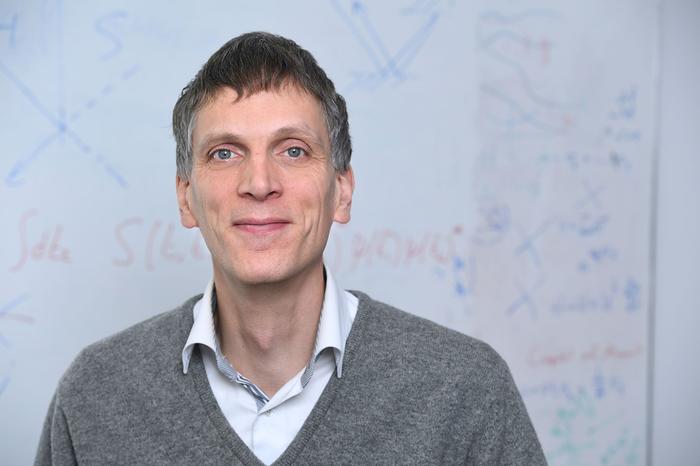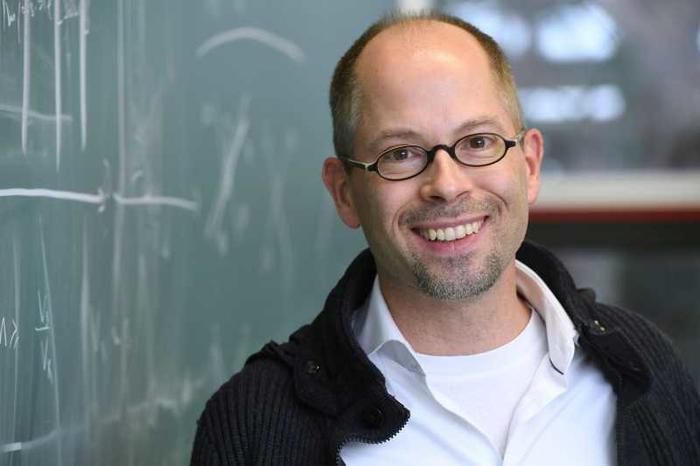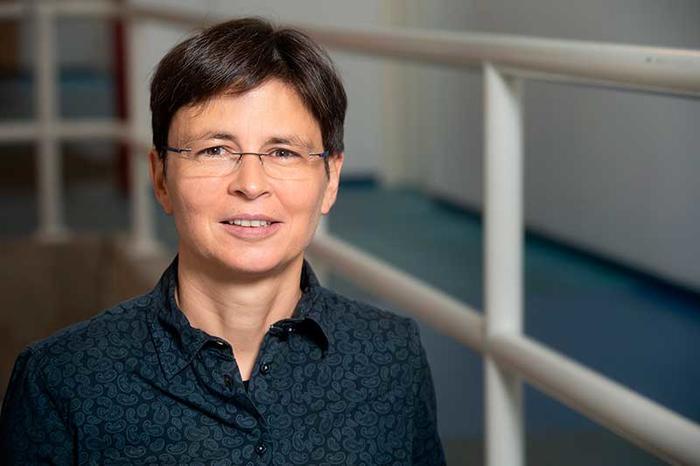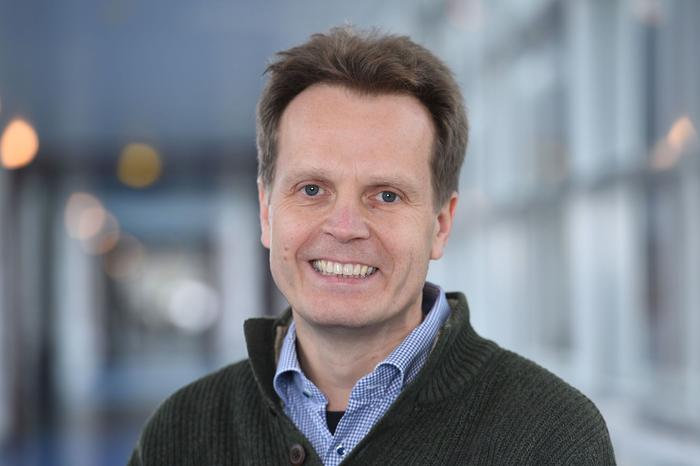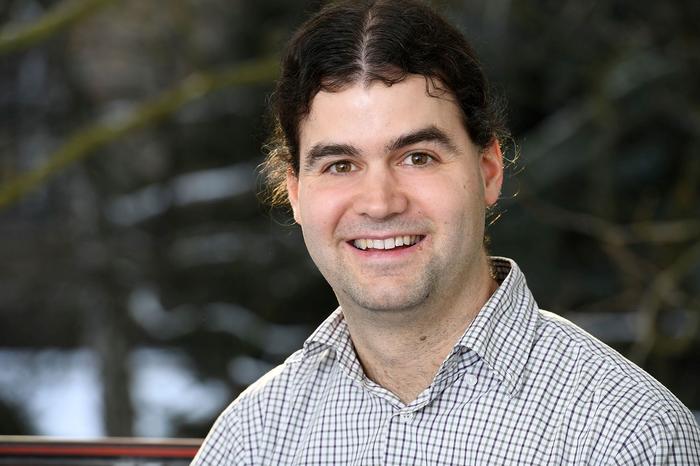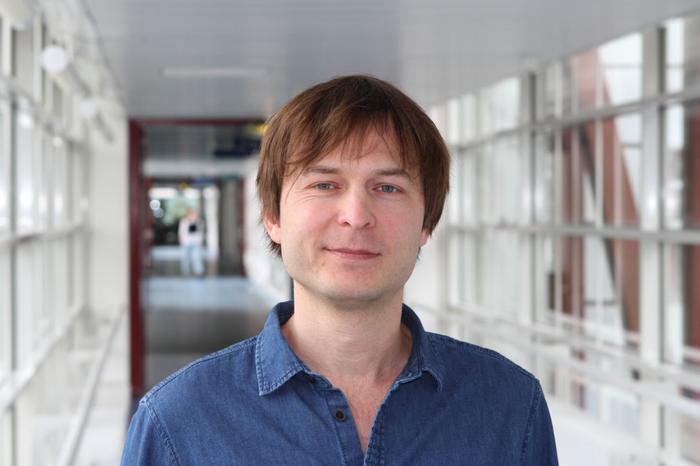Dahlem Center for Complex Quantum Systems
The Dahlem Center for Complex Quantum Systems (DCCQS) provides a dynamic forum for the exchange of ideas and the promotion of collaboration between junior and senior scientists from Germany and around the world. The center focuses on theoretical quantum condensed matter physics in the broadest sense. It is located within the Physics Department at Freie Universität Berlin.
A Connecting Hub for Quantum Research – For More than 15 Years
The Dahlem Center serves as an international hub, welcoming researchers through short- and long-term visiting positions, prestigious postdoctoral fellowships, and conferences. Through scientific dialogue and personal exchange, we advance the boundaries of existing theories and develop novel models, concepts, and approaches for a wide range of future applications.
Founded: 2009
Director: Prof. Dr. Piet Brouwer
Mission
Researching novel quantum technologies
Research Groups Involved
Kontakt
Dahlem Center for Complex Quantum Systems
Freie Universität Berlin, Department of Physics
Arnimallee 14, 14195 Berlin
Henrike Giebl
Tel: +49-30-838 51149
E-mail: henrike.giebl@fu-berlin.de

